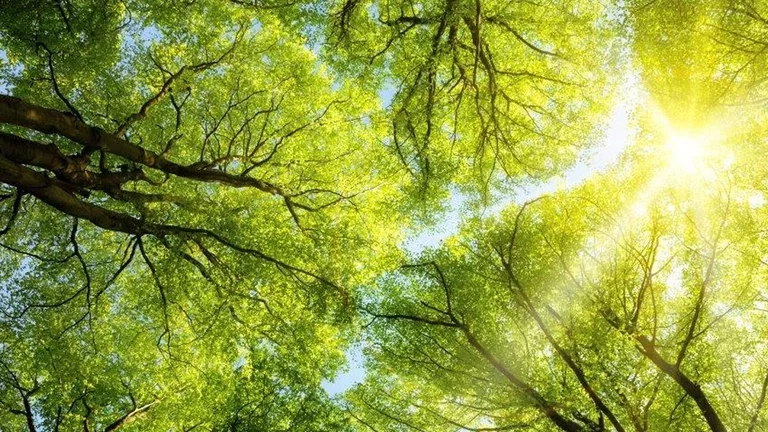The Air Liquide Foundation contributes to three forest-related research projects
- Press Releases
- Sustainability

Forests are able to capture CO2 from the atmosphere simply, efficiently and sustainably. Through its program aimed at supporting scientific research focused on protecting the environment, in particular that which contributes to preserving our planet’s atmosphere, the Air Liquide Foundation is involved in three research projects whose goal is to preserve the forests of America, Asia and Oceania.
In Guiana, the Air Liquide Foundation is supporting a scientific project focused on the tropical forest that covers 90% of this territory. The CNRS1 and its partners, with the support of the European Regional Development Fund and the Guiana Region, are researching insecticides made from plants that grow in this forest. In fact, over the centuries these plants have developed ways of defending themselves against insects. The objective is thus to isolate and identify these naturally occurring molecules so they can be proposed as replacement solutions for the synthetic molecules that may be harmful to the environment. The Air Liquide Foundation financed the purchase of the materials being used to do the research on these biodegradable insecticides.
In Indonesia, the WWF2 is setting up the first pilot site for the UN’s new REDD+ (Reducing Emissions from Deforestation and forest Degradation) program in the Tesso Nilo national park in Sumatra. This project consists of evaluating the forest carbon stocks in order to measure the amount of carbon emissions avoided by putting an end to deforestation. The aim of this project is to make preservation of the forest economically viable by remunerating the country for refraining from practices that cause deforestation, in the form of financial assistance. As part of the project, the Air Liquide Foundation is supporting the development of a method for analyzing the calculation of the amount of carbon sequestration in the trees.
In Vietnam, the Air Liquide Foundation is supporting IRD3 research focused on mangrove swamps, with the aim of developing an observatory for this ecosystem in several different types of climate regions around the globe: temperate (New Zealand), semi-arid (New Caledonia) and tropical humid (Vietnam). The mangrove swamp is a coastal forest whose role is vital in the carbon cycle due to its strong capacity to transform the CO2 present in the atmosphere into organic matter and store it in the ground.
The provision of funding for these projects is in line with one of the three missions of the Air Liquide Foundation: scientific research on protecting the environment, in particular that which contributes to preserving our planet’s atmosphere.
1The Centre National de la Recherche Scientifique (National Center for Scientific Research) is a public organization operating under the auspices of the French Ministry of Education and Research.
2WWF-World Wide Fund for Nature
3The IRD (Institut de Recherche pour le Développement) is a French research organization.
Director of External Communications
+33 (0)1 40 62 58 49
media@airliquide.com